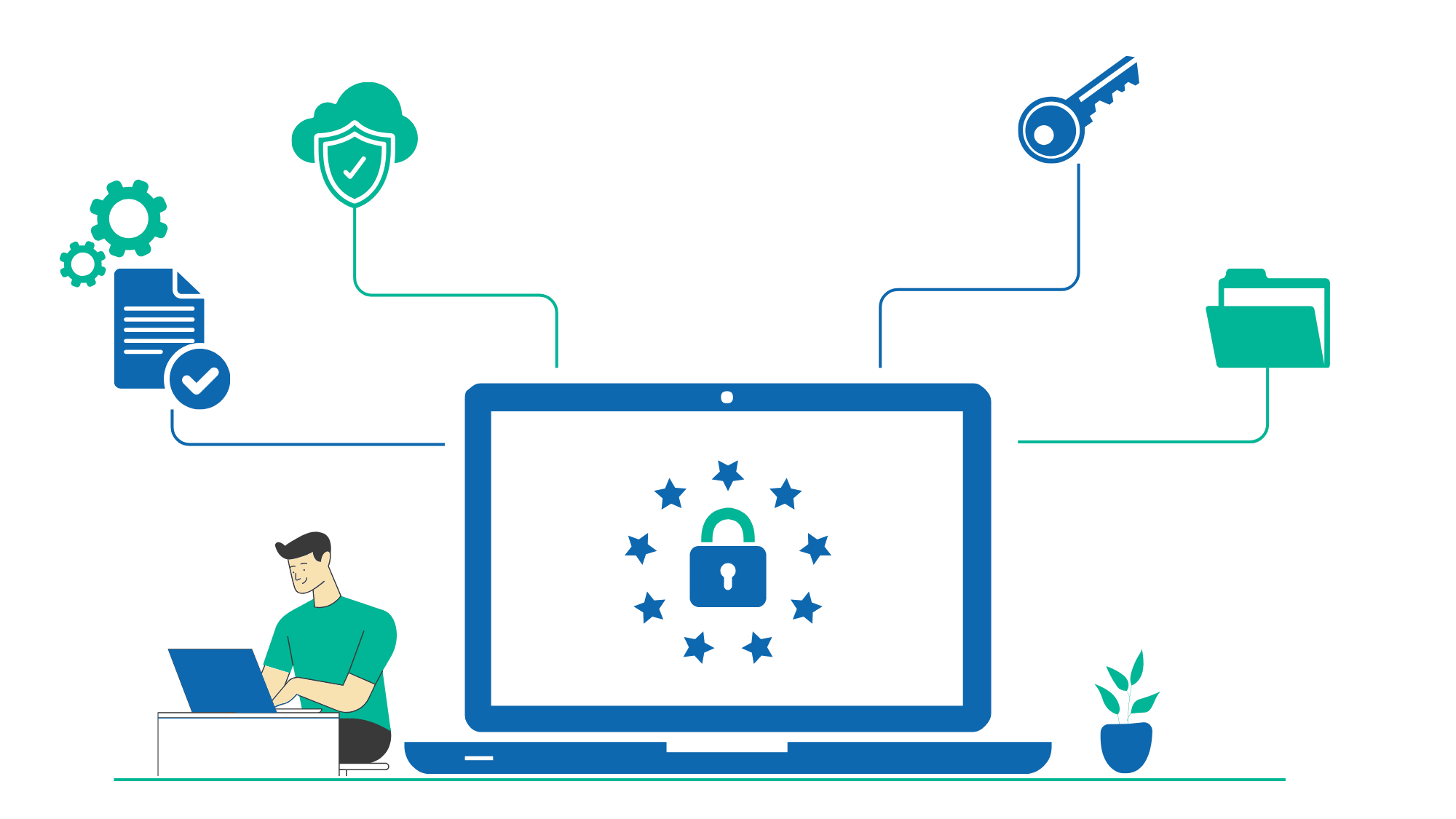
Any business that wishes to succeed in this day and age, regardless of capacity, must leverage its IT systems effectively and make good use of data. It is now inevitable to recognize and manage an organization's success and potential risks associated with IT infrastructure.
In this regard, IT audits are practices starting with a solid IT audit department's formation, experience, and capabilities. This article explores the essence of IT audit, its importance, and its types.
Information Technology (IT) Audit
An IT audit examines and evaluates an organization's information technology infrastructure, applications, data use and management, rules, procedures, and operational processes against recognized standards or norms.
Audits determine if the procedures/controls to safeguard information technology assets are effective and consistent with the organization's goals and objectives.
An IT audit aims to evaluate;
- Availability: Will the organization's computer systems be available for use whenever needed?
- Security and Privacy: Will only authorized users have access to the information stored in the systems?
- Integrity Measurement: Will the system's information always be accurate, dependable, and timely?
An IT audit's goal is to assess the system's internal control architecture and performance. Efficiency and security standards, development processes, and IT governance or oversight are some examples of IT audits.
Though introducing controls is essential, it isn't sufficient to ensure adequate security. People in charge of security must assess whether the controls are established correctly and take necessary steps to prevent future security breaches.
An audit of information systems, their inputs, outputs, and processing takes place in an Information Systems (IS) context. Information technology audits assess an organization's ability to safeguard its information assets and disseminate information to authorized parties.
The systematic procedure of conducting IT audit may include the following steps:
- Determining the purpose and scope of IT audit.
- Creating an audit plan to achieve the audit goals.
- Collecting relevant information on important IT systems, operations, and controls.
- Performing audit tests on necessary IT controls, where applicable, using Computer-Assisted Audit Techniques (CAATs).
- Reporting the major findings.
Importance of IT Audit in an Organization
Investing in Information Technology (IT) provides data availability, confidentiality, and allows businesses to stay ahead of the competition in today's market. External and internal threats are growing by the day and IT systems are more vulnerable to threats and attacks.
The importance of IT audits in an organization is to support effective risk management, particularly due to the threats posed by insufficient cyber security measures.
As the world becomes more digital, data breaches and cyber crimes have increased. So large and small businesses are equally vulnerable to attack. IT audits focus on the full range of risks that a company faces, identify and analyze them to implement the right policies to effectively deal with them.
IT audit assists an organization in understanding the potential risks it confronts and provides a clear strategy for dealing with those risks, including whether they can be eliminated, managed, or tempered via the implementation of suitable controls.
The IT auditors' job is to help the organization navigate the internal and external changes brought on by the increasingly technologically-driven working environment.
Many businesses have struggled to adapt to the changes, failing to execute strategic plans on large-scale revenue-generating projects. This is where an IT audit has demonstrated its value by advocating and advising people implementing these changes to refocus their attention.
Evaluating the areas such as company performance and business resilience in the face of crisis planning, compliance with existing and emerging standards, regulations, and financial health, the IT audit highlights any inaccuracies or inefficiencies within the organization's management.
Types of IT Audit
IT audits are also known as computer audits, and automated data processing (ADP) audits. IT audits has a variety of types, including:
- Technological Innovation Process: An audit procedure for existing and future projects that develops a risk profile based on the company's experience with those technologies and where it stands in the market.
- Innovative Comparison Audit: An audit that compares a company's ability to innovate to its competitors and assesses how well it produces new items.
- Technological Position Audit: An audit that looks at the organization's current technology and future technologies that will need to be deployed.
- Systems and Applications: An audit for determining if systems and applications are regulated, dependable, efficient, secure, and effective.
- Information Processing Facilities : An audit of a company's ability to generate applications in the face of adversity.
- Systems Development : An audit to ensure that the created systems are appropriate for the organization and meet development standards.
- Management of IT and Enterprise Architecture : An audit of the information processing organizational framework of IT management.
- Client, Server, Telecommunications, Intranets, and Extranets: An audit to investigate client-connected servers and networks controls.
BCube Analytics: A Solution
Your IT systems are always vulnerable to various threats as you rely on technology for daily operations. So, it's essential to protect your infrastructure from multiple threats. An IT audit with a primary goal to identify inaccuracies and inefficiencies in the IT systems and management is critical for your organization.
IT auditing is a complex process and helpful in understanding the status of your company's IT infrastructure. It is a valuable tool for safeguarding assets and maintaining the effectiveness of a company's operations.
Are you currently dealing with potential IT risks and threats and looking for effective and efficient audit management solutions? Connect with us.


